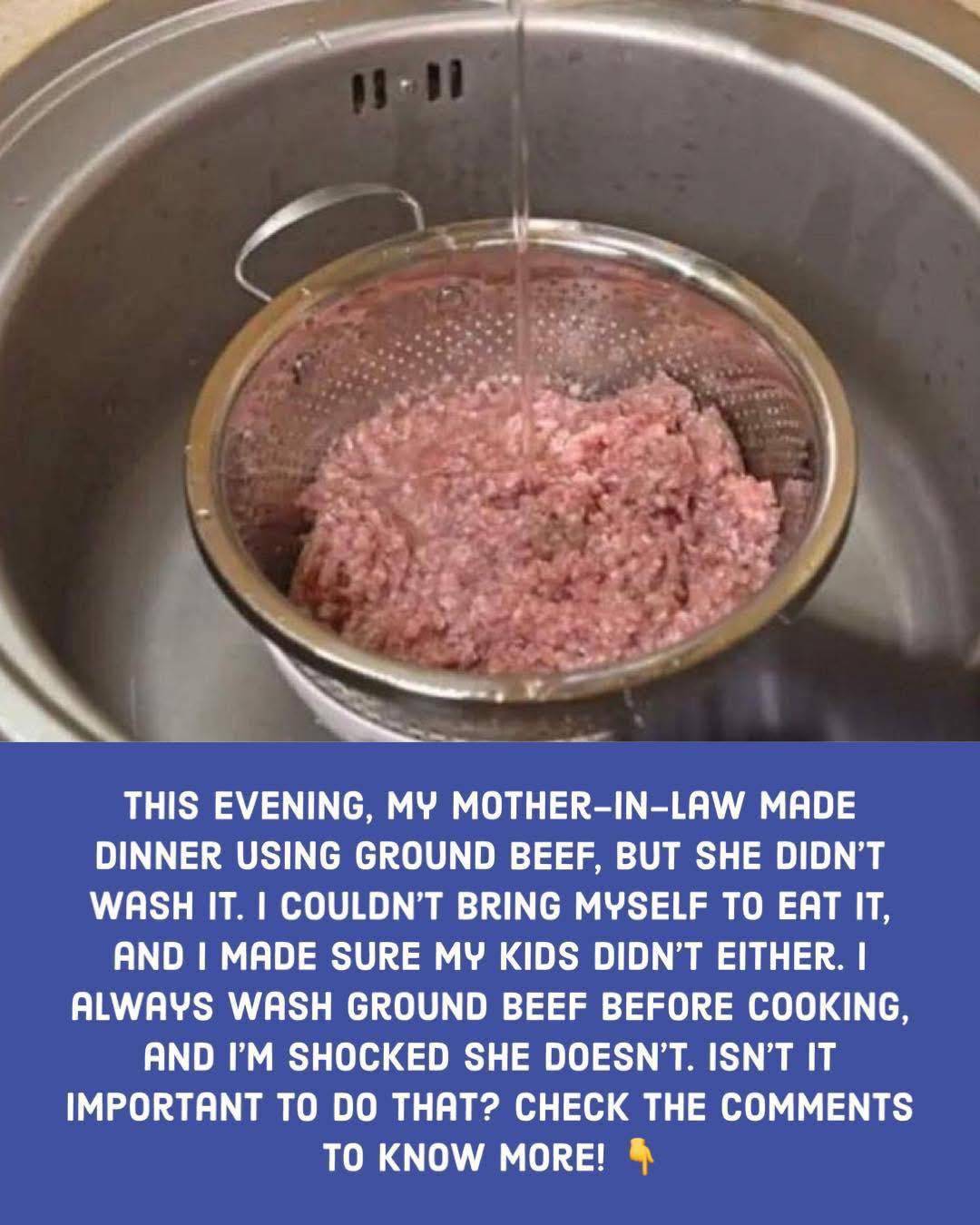
Cooking often ignites passionate debates, from seasoning techniques to preparation methods and hygiene practices. One particularly contentious topic is whether rinsing ground beef—also known as minced meat—before cooking is beneficial or detrimental. Opinions vary widely, with some advocating for rinsing to reduce fat content, while others argue it compromises flavor and poses safety risks. To navigate this culinary conundrum, let’s explore perspectives from both home cooks and professional chefs.
The Case for Rinsing Ground Beef
Proponents of rinsing ground beef primarily cite health considerations. They believe that washing the meat under cold water can remove excess fat, leading to a leaner meal. For individuals monitoring their saturated fat or calorie intake, this practice appears to offer a straightforward method to reduce grease before cooking. The underlying assumption is that less fat equates to healthier eating, prompting some to adopt this additional step in meal preparation.
Culinary Experts Advise Against Rinsing
Conversely, many culinary professionals strongly discourage rinsing ground beef, emphasizing that fat contributes significantly to the meat’s flavor and juiciness. Removing fat through rinsing not only diminishes taste but also affects texture, potentially resulting in a dry and less palatable dish. Fat plays a crucial role in binding the meat, and its reduction can lead to a crumbly or rubbery consistency post-cooking.
Health and Safety Concerns
Beyond flavor and texture, rinsing ground beef raises health and safety concerns. The process can inadvertently spread bacteria across kitchen surfaces, including sinks and countertops, increasing the risk of foodborne illnesses such as salmonella. This phenomenon, known as cross-contamination, poses significant health hazards if contaminated areas are not thoroughly sanitized. Additionally, disposing of fat and grease down the drain can lead to plumbing issues, as these substances may solidify and cause blockages over time.
Recommended Practices for Handling Ground Beef
To manage fat content without compromising safety or flavor, experts recommend cooking ground beef and then draining the rendered fat. This method effectively reduces grease while preserving the meat’s inherent qualities. The United States Department of Agriculture (USDA) advises against washing raw meat and poultry, as cooking to the appropriate temperature effectively eliminates harmful bacteria without the risks associated with rinsing.
Conclusion
While the intention behind rinsing ground beef may stem from health-conscious motives, the practice is generally discouraged by culinary professionals and health authorities. Cooking the meat thoroughly and draining excess fat post-cooking offers a safer and more effective approach to achieving a balance between health considerations and culinary quality. By adopting recommended handling practices, home cooks can ensure both the safety and enjoyment of their meals.





